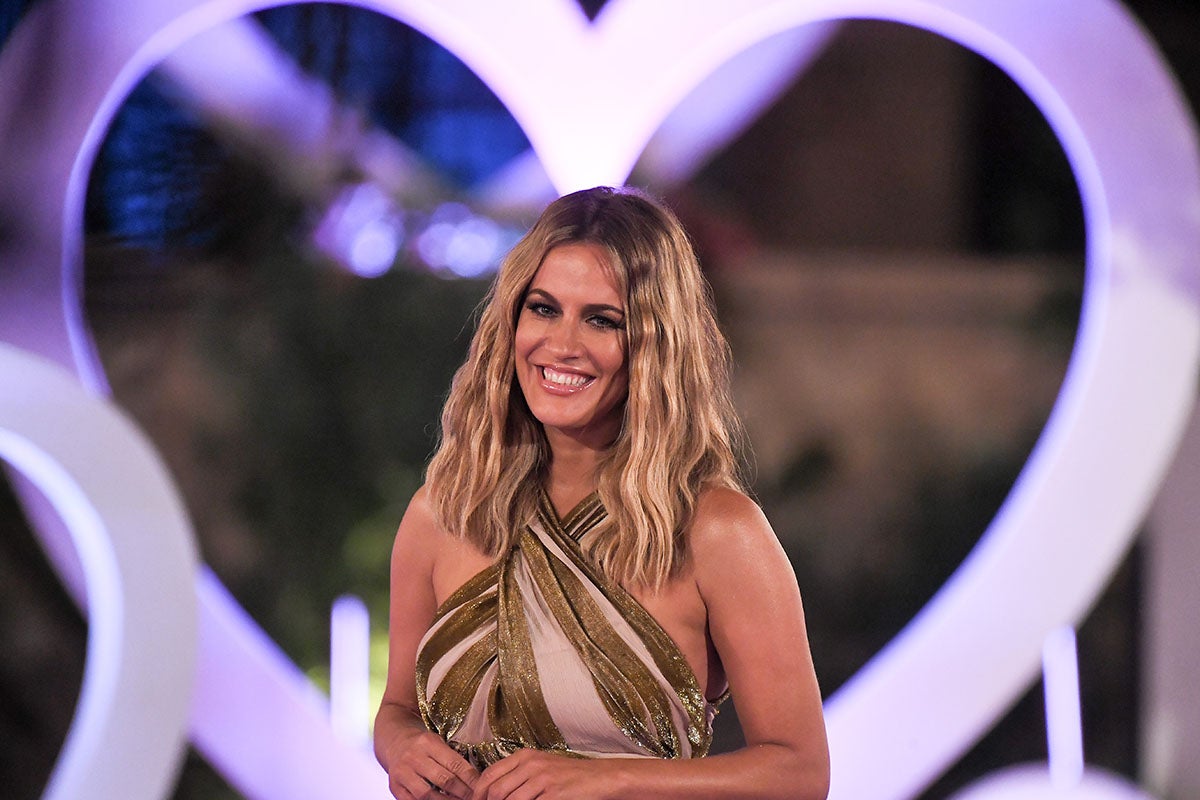Caroline Flack’s tragic death shows that the way the media treats women must change
Details of the TV presenter’s December arrest were reported by some in a tone of barely suppressed glee, writes Ed Power. Would a male celebrity have been publicly excoriated in such a fashion?

Your support helps us to tell the story
From reproductive rights to climate change to Big Tech, The Independent is on the ground when the story is developing. Whether it's investigating the financials of Elon Musk's pro-Trump PAC or producing our latest documentary, 'The A Word', which shines a light on the American women fighting for reproductive rights, we know how important it is to parse out the facts from the messaging.
At such a critical moment in US history, we need reporters on the ground. Your donation allows us to keep sending journalists to speak to both sides of the story.
The Independent is trusted by Americans across the entire political spectrum. And unlike many other quality news outlets, we choose not to lock Americans out of our reporting and analysis with paywalls. We believe quality journalism should be available to everyone, paid for by those who can afford it.
Your support makes all the difference.The tragic death of Love Island presenter Caroline Flack at age 40 forces us to confront, and not for the first time, the cruelty and relentlessness of the tabloid media – especially when it has a woman in its crosshairs. Flack was considered easy pickings for the red tops after she was arrested for allegedly assaulting her boyfriend in December. A public downfall has been played for end-of-pier giggles, as was evident from a notorious spoof Valentine’s Day card with the headline “I’ll f***ing lamp you”, as brought to widespread attention by The Sun newspaper. Flack’s family have confirmed that she died by suicide. She had insisted her innocence to the assault accusations ahead of a trial next month. But while the court had yet to sit in judgement, elements of the media had already sentenced to her a long, slow humiliation.
“Bedroom Bloodbath” was one of the headlines that followed her arrest, with a nameless source quoted in the story describing the scene of her alleged attack on her boyfriend as resembling a “horror movie”. These and other details were reported in a tone of barely suppressed glee. Over and over, Flack was portrayed as a cartoon monster.
Where the media goes, social media inevitably follows, of course. People love a pile-on and nobody will have felt that more than Flack, who in January went on Instagram to assert that her family was “no longer up for entertainment or gossip”. As the shock fades, will this come to be seen as a tragedy too far for an industry which has made a business model out of chewing up the vaguely famous and spitting them out? And also for those of us who get a vicarious kick out of weighing in on Twitter?
Would a male celebrity have been publicly excoriated in such a fashion? It seems unlikely. As a high-profile woman, Flack had a target painted on her back as far as the gossip industrial complex is concerned. It delights in portraying women as “difficult” where their male equivalent would be described as “determined” and is always sniffing for the hint of diverging views between two female celebrities, in order to frame their relationship as a catty feud.
These attitudes, of course, don’t fall from the clear blue sky. They are a reflection of society’s views on women who dare overachieve and then show a chink of vulnerability. A woman can be successful or she can be flawed and human. She is never permitted to be both.
Flack had by then stepped away from Love Island and her long-term career must have been in question. She had been synonymous with the ITV2 reality hit and her ability to be both bubbly and strait-laced had served her well interacting with the show’s tanned and toned contestants. She was an avatar for the audience – appreciative of the weather and the svelte torsos but also slightly in on the joke. It was a careful balancing act and she made the part her own.
With the shock of her death still fresh, it is perhaps too soon to be definitive about how this will impact on the media’s treatment of celebrities. But it surely is a line in the sand for Love Island. Two former participants in the show – Sophie Gradon and Mike Thalassitis – have previously died by suicide. The producers have insisted that the mental wellbeing of contestants is a priority, pledging extensive aftercare for contestants on the ongoing winter series of Love Island, filming in Cape Town.
This is no doubt the case. Even so, for the present series to continue after Flack had stepped down as host (replaced by Laura Whitmore) is surely unthinkable. Love Island ends on 23 February and at the time of writing is due to broadcast this Sunday night at 9pm. One wonders if the islanders will not shortly be told they are heading home early. The longer-term future of the franchise is surely up in the air also. Feelings will be raw as news of Flack’s passing sinks in. But Love Island has surely lost what remains of its innocence and cannot continue.
If you or someone you know is struggling with mental health, you can reach out for confidential support at Samaritans by calling 116 123 or visiting their website